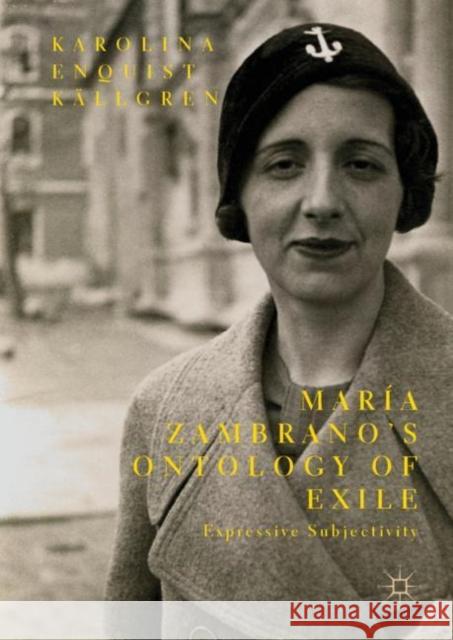María Zambrano's Ontology of Exile: Expressive Subjectivity » książka
topmenu
María Zambrano's Ontology of Exile: Expressive Subjectivity
ISBN-13: 9783030048129 / Angielski / Twarda / 2019 / 177 str.
Kategorie BISAC:
Wydawca:
Palgrave MacMillan
Język:
Angielski
ISBN-13:
9783030048129
Rok wydania:
2019
Wydanie:
2019
Ilość stron:
177
Waga:
0.40 kg
Wymiary:
21.01 x 14.81 x 1.42
Oprawa:
Twarda
Wolumenów:
01
Dodatkowe informacje:
Wydanie ilustrowane











